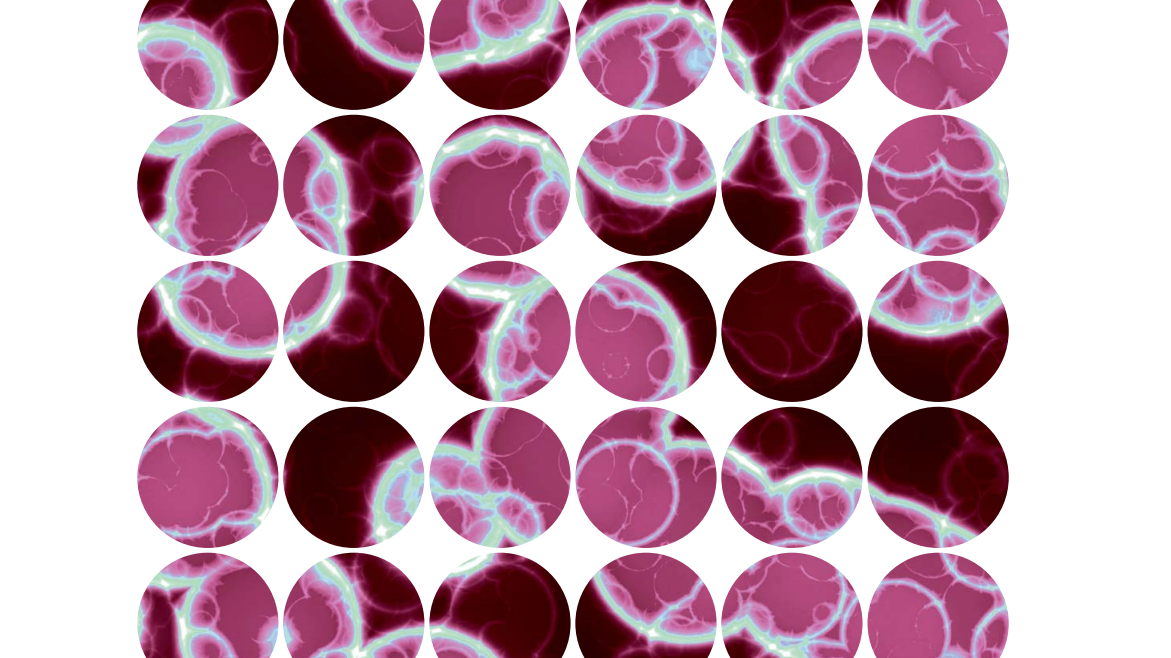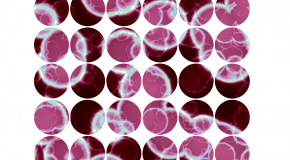A decade ago Shire Pharmaceuticals' business model centred on the improvement and reformulation of existing drugs. The value of these products resulted from marginal improvements to existing forms of the drug or improved compliance through greater ease of use.
For some time the strategy worked reasonably well. "There were a lot drugs that could be improved," says Angus Russell, the CEO of the company. "But about six years ago it was clear that there were two principal flaws [in the business model]." The first was that for the many generics manufacturers that were growing increasingly aggressive in attacking patents, the easiest targets were those granted around reformulations. Shire found itself beset by substantial litigation with its attendant expense and uncertainty.
The second problem went straight to the heart of the issues surrounding value. European governments, in particular, were reluctant to grant premium prices for reformulations. According to Mr Russell, authorities did not view them as innovative. "The reference prices for our reformulated drugs were generic prices. Most of our business was developed in the US because you could get superior pricing. We had become a company that was 90% dependent on the US market, and we were struggling to get drugs that could go globally," he says.
The company decided that it needed a different approach that made the value of its output clearer. The company had previously focused on rare, specialist conditions, particularly those that were symptomatic (that is, displayed observable symptoms). "These became even more
important because of the drive towards greater value," Mr Russell says. "With a symptomatic disease, it is easier to prove a drug is working because the changes are often physically observable." In addition, Shire wanted something with stronger intellectual property protection worldwide. It decided to pursue rare disease enzyme replacement, in which not many businesses were active. This field also provided orphan exclusivity, which can extend patents by 10-12 years, depending on the jurisdiction.
Since then, the company has not looked back. It has gone from one product, Adderall, providing about 45% of sales in 2006, to no single product providing more than 20% of revenue in 2010. Over the same time, the company's total revenue has nearly doubled from US$1.8bn to US$3.5bn. An active pursuit of international opportunities—made possible by the new strategy—has helped to drive this growth, with sales outside North America and the UK more than tripling to US$900m. Shire's transformation shows that the value challenge need not be simply a problem. Addressing it properly can bring growth.






